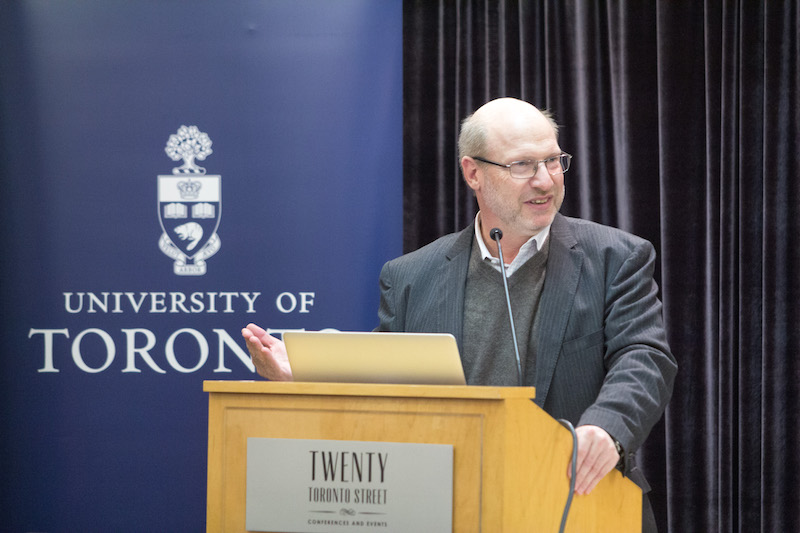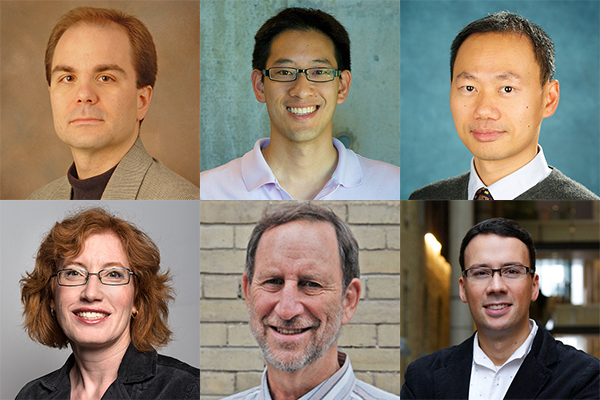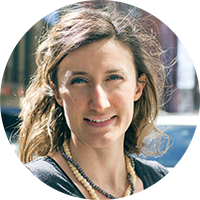July 24, 2015 — Four U of T engineers have received Ontario Professional Engineers Awards in honour of their outstanding contributions to the engineering profession and their wider community. Awarded by the Ontario Society of Professional Engineers (OSPE) and Professional Engineers Ontario (PEO), recipients include:
- U of T Engineering Dean Cristina Amon has been chosen to receive the Gold Medal, Ontario’s most prestigious engineering honour, recognizing public service, technical excellence and outstanding professional leadership.
- Alumnus Michael Butt (CivE 6T3) has garnered the Management Medal for innovative management practices that have contributed significantly to the engineering profession.
- Alumna Claire Kennedy (ChemE 8T9) has received the Citizenship Award, recognizing engineers who have made significant contributions to society.
- Alumna Jeanette Southwood (ChemE 8T6, MASc 8T8) garnered an Engineering Excellence Medal, recognizing those who have contributed substantially to advancing the engineering profession.
 More about Dean Cristina Amon
More about Dean Cristina Amon
Cristina Amon joined the Faculty in 2006 as Dean and Alumni Professor in Bioengineering. As Dean, she has been tireless in her efforts to advance U of T Engineering’s position as Canada’s top engineering school and among the best in the world. She has also dedicated herself to increasing diversity in engineering and ensuring that Canadian engineers are prepared to lead the world in addressing global challenges. Amon’s research pioneered the development of Computational Fluid Dynamics for formulating and solving thermal design problems subject to multidisciplinary competing constraints. She has delivered keynote lectures worldwide and contributed twelve book chapters, one textbook and over 350 refereed articles to the education and research literature. Amon has been inducted into the Canadian Academy of Engineering, Spanish Royal Academy, Royal Society of Canada and the U.S. National Academy of Engineering, and elected fellow of all the major professional societies in her field, including: AAAS, ASEE, ASME, CSME, EIC and IEEE.
“We are delighted that the Ontario Engineering Association has awarded its highest honour to Cristina Amon,” said U of T President Meric Gertler. “She is not only a pioneer in her own field – she is also leading the way in educating the engineers of tomorrow, as key drivers of innovation and prosperity. The University of Toronto community is immensely proud of her accomplishments.”




